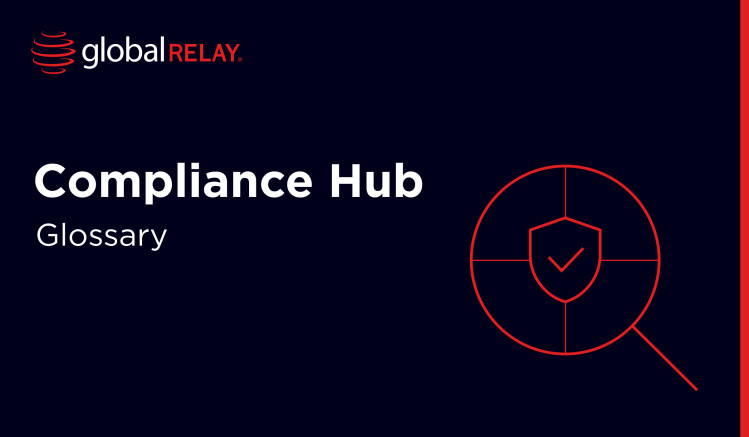A guide to the most popular data security standards
Data security standards offer guidance for companies on how they can protect their electronic data, and effectively collect, store or transport this information securely. With a few different global standards, it’s important for companies to know which ones they should adhere to, and how to effectively protect their data.
What are the types of data security?
There are three main types of data security:
- Hardware – including security measures like limiting physical access to hard drives, for example
- Software – including encryption to files, and user tracking to hold internal team members accountable
- Legal – including only collecting personal data as per the scope, for a legitimate reason and in the proper context
How many data security standards are there?
Now this is a toughy, because most digital-facing regulations involve at least a degree of data security. For example, it could be argued that the Suspicious Activity Reporting (SARs) require the enforcement of data security standards. Without extreme diligence in information sharing, the suspected party might realize they are being investigated, and could remove all their funds from the bank before there is proof of money laundering, for example. But we’re going to give you a quick rundown of three of the most popular data security standards, including ISO 27000, GDPR and NIST SP 1800. And while that might sound like a lot of numbers, you can put the calculator away for this one.
ISO 27001 data standards
The International Organization for Standardization was formed in 1947 with the aim to create harmony among global standards. By publishing technical reports and enforcing common rules (no matter the jurisdiction), the ISO has played its part in ensuring smooth world trade.
The ISO 27001 is the set of global data security standards. They cover the likes of:
- Risk management, security management and internal controls
- Protection of personal data for cloud-based storage (ISO 27018)
- Guidelines for ICT systems in the case of disaster (ISO 27031)
- Cyber incident response planning (ISO 27037)
The ISO 27001 certification is widely considered the most comprehensive data security standard in the world. However, achieving data compliance does not necessarily make businesses compliant with GDPR or the NIST SP series.
GDPR
GDPR is a well-known data protection standard, and mandates how companies in the EU and UK collect and process personal information on their customers and partners. These standards aim to protect the integrity of the sensitive data, as well as minimizing the risk of access by external parties.
Article 32 of GDPR is comparable to the previous set of standards, ISO 27001.
Some examples of the requirements for GDPR include:
- Having legal justification for your data collection, and ensuring that any new piece of information your business wishes to collect has a specific purpose
- Enabling customers to request, access, amend and delete any of the data about themselves
- Protecting data from the moment a product is conceptualized, to the collection, processing and storage
- Encrypting and anonymizing data with token technology where possible
- Appointing a dedicated data protection officer
One of the largest GDPR enforcements happened to CRITEO, an online advertising platform, in 2023. The business was fined €40 million for failing to obtain consent to collect and store personal data, and an absence of joint controller agreements. This effectively meant that the company could collect and share a user’s personal data without permission.
NIST SP 1800 Series
The National Institute of Standards and Technology (NIST) is a US governing body, initially founded in 1901. Now part of the Dept of Commerce, the mission is to promote technology in a way that will enhance security and improve the quality of life.
The NIST cybersecurity framework presents a series of data standards. Some examples include:
- Identity verification for data access, and restrictions for access control
- Staff training to spot suspicious activity and follow internal policies with confidence
- Remote maintenance of networks to test and improve security
NIST applies to entities in the US, including foreign companies that operate with US customers. It’s particularly important for smaller and medium-sized businesses to comply with, since these entities often overlook data protection policies and risk management but are prime targets for cyberattackers.
Global Relay can help you comply with data security standards
Knowing which regulations apply to your company, and then how to comply, may feel like an overwhelming place to start. But Global Relay can help.
As experts in corporate communication security, we collect and store business data in compliance with the most stringent standards. In fact, our encryption algorithms are considered military grade. If you’re looking for support to transform your business towards data security compliance, get in touch for a bespoke demo today.

